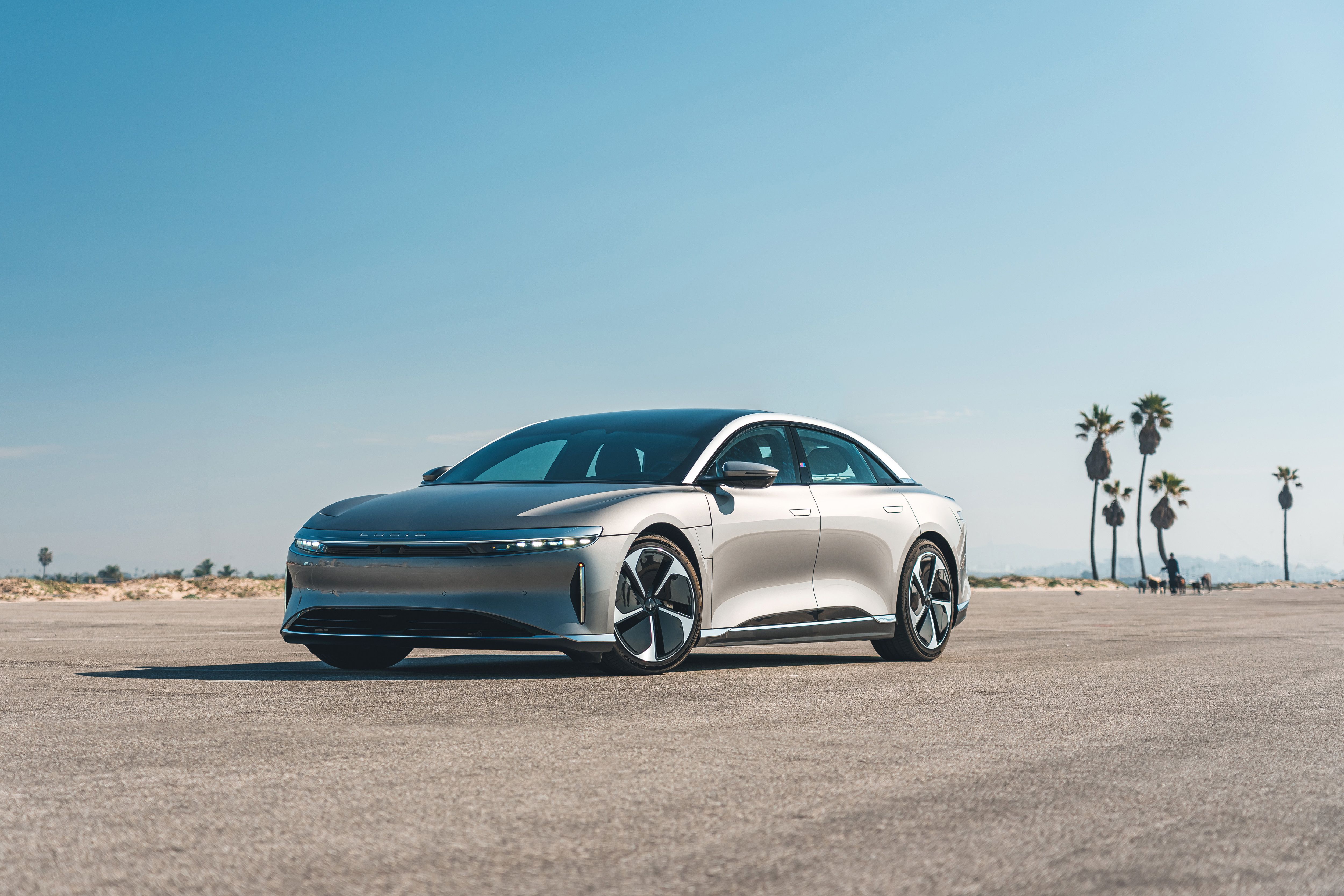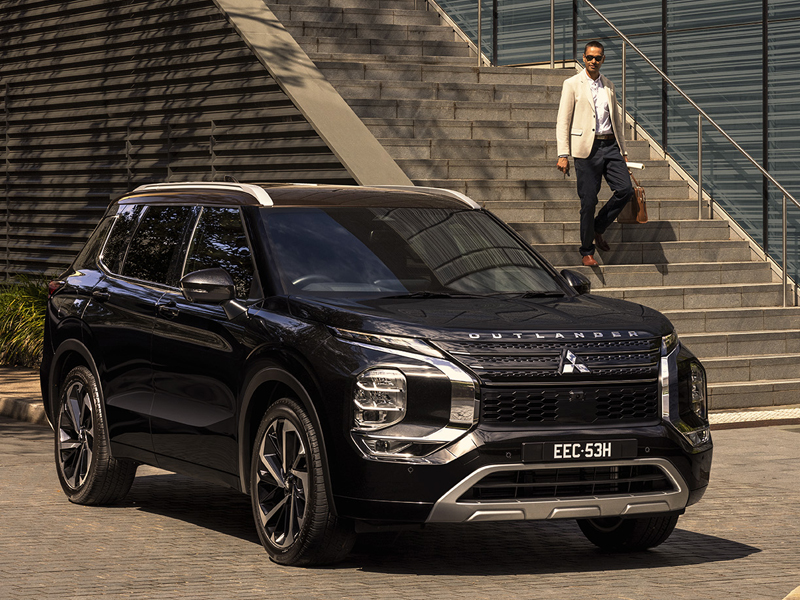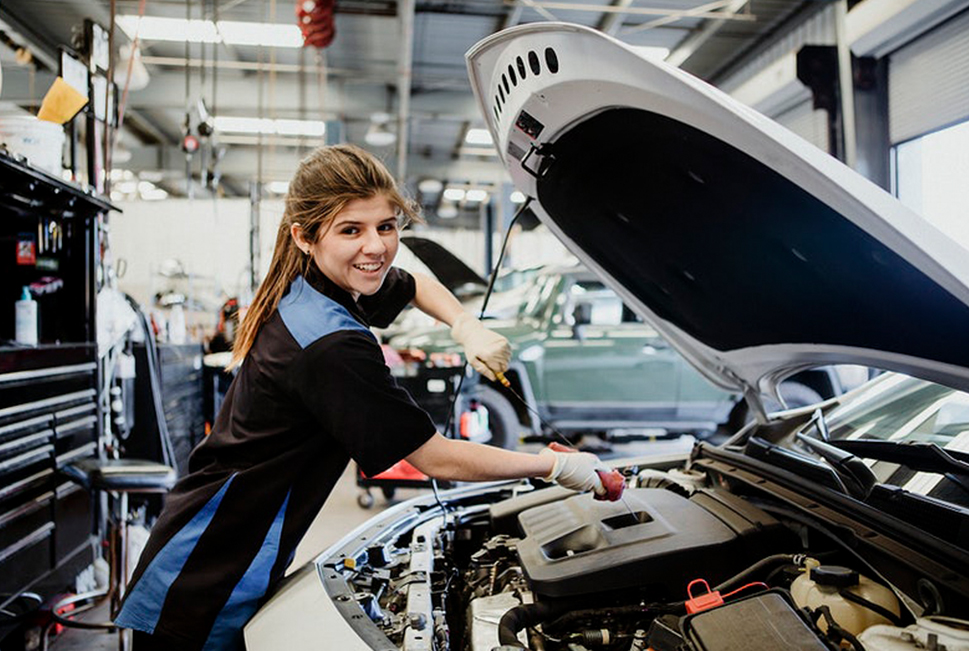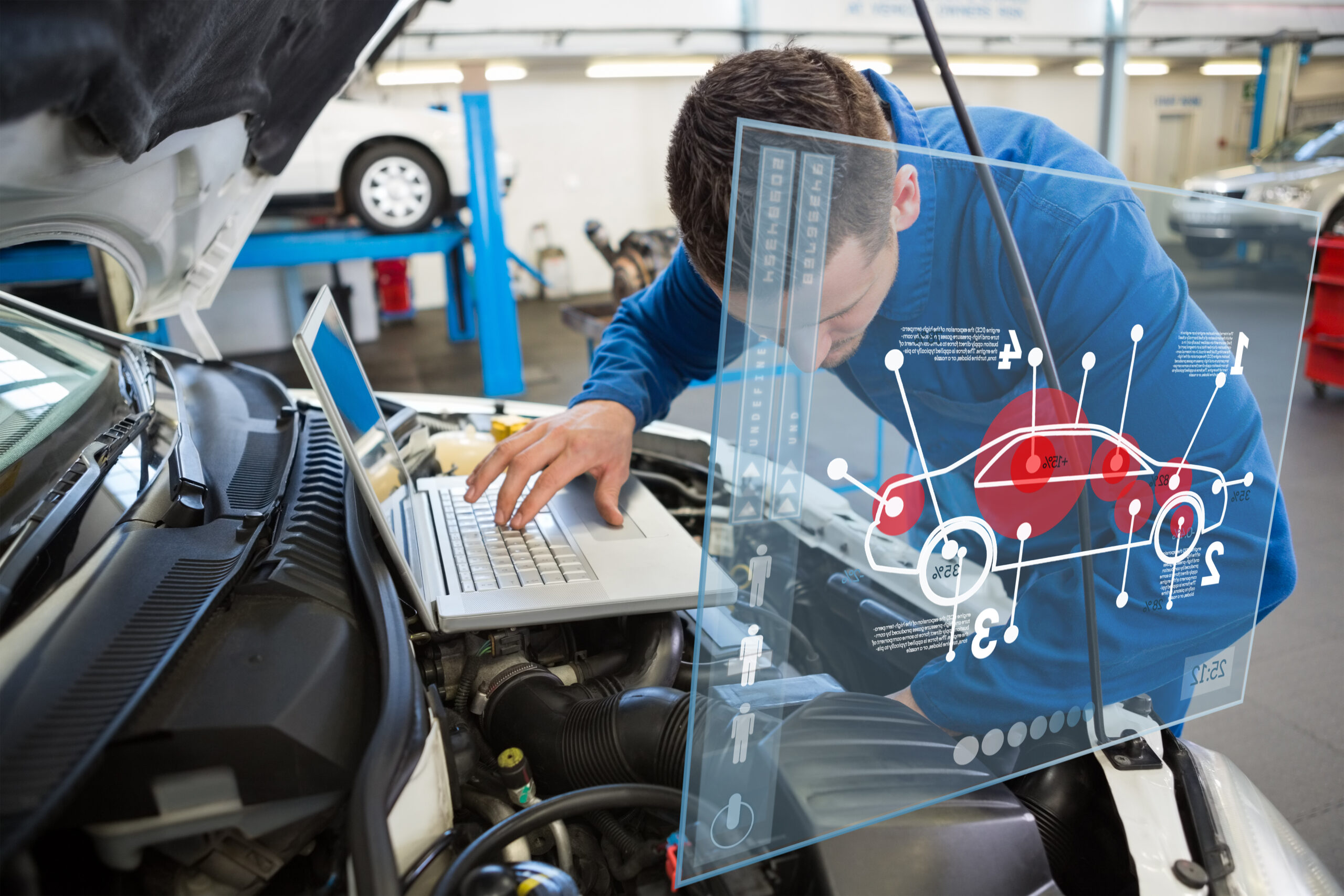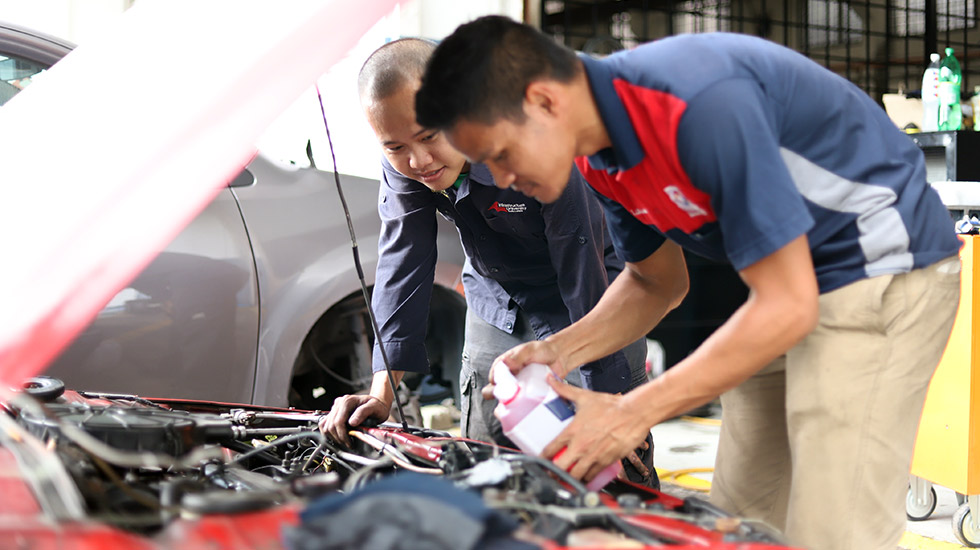Is a Luxury Lifestyle Bad for the Environment?

When we think of a luxury lifestyle, what comes to mind? Expensive cars, private jets, vacations to faraway places, fancy dinners in fine restaurants and the like? While wealth does have its advantages, one key benefit is allowing the individual the freedom to choose the lifestyle they wish to experience. While this freedom of choice is cherished and envied by many, it may be surprising that many affluent people are choosing to use their freedom to engage in and promote environmental sustainability, reduced environmental footprint, conservation and global stewardship. What is even more exciting is that regular everyday people can also participate without the need for extreme wealth.
Bright Idea
While the light emitting diode has been in existence for decades, we have only just begun to see the transformation of this technology into a proven tool for the replacement of incandescent and halogen light bulbs while significantly reducing energy consumption. LED light bulbs now come in every size and shape and have evolved from their clunky unrefined beginning to sharp modern designs that appeal not only to the eye but to the pocketbook. They also last much longer than regular light bulbs, which is a bonus for sure. When considering how many individual light bulbs are in a single average sized home and the expense associated with providing energy to those lights, it is no wonder that a key priority for many is the conversion of their existing lights to LED lights. The only factor inhibiting the widespread proliferation of LED lights is the initial expense. Not everyone can afford to spend thousands of dollars converting all of the lights in their home to LED lights, even if they will get that money back in lower energy bills. The good news is that as more people such as those enjoying the luxury lifestyle demand more LED lights, the cost to the consumers will become more reasonable, thus lowering the cost of access to these fantastic products. Some websites even allow you to purchase LED lights in volume at great discounts and deliver them to your door, proving that bright ideas can be affordable.
Pimp My Ride
If you think of the wealthy riding around in their Bentleys, Ferraris and Cadillac SUVs, have a look again. Many affluent are making a conscious decision to reduce their carbon emissions footprint by supplementing their collection of gas guzzling flashy rides with Hybrid vehicles or fully electric rides. Although until recently there were only a few hybrid or electric options for commercial consumption, the array of choices has exploded and with fantastic styling that will make heads turn. With brands such as Lincoln, Lexus and Porche now producing hybrid options, you can have your cake and eat it too. And for those who enjoy the look and feel of an exotic car, take a look at the Karma by Fisker Automotive. With styling reminiscent of Aston Martin, this car definitely delivers in the “hot ride” category.
But if you live in a modern metropolis like New York, Toronto or London, the more appealing option for both functionality and style would be a moped, or to be more exact, an electric bike. E-bikes are spritely electric powered bicycles that can get you places quite quickly especially when there is any level of traffic. Consuming mere pennies per charge and being able to travel 40-50 kilometers on a single charge at 30-50 kilometers per hour, the benefits of this mode of transportation are being looked at by more and more people. Along with being a bit more affordable than a car, e-bikes are extremely fun to drive and are perfect for quick trips to the market or to visit friends. The bonus every time you drive your hybrid or electric vehicle is the good feeling you have in knowing you are creating a minimal environmental footprint.
A Sneak Peek at Teak
If you entertain often or have lots of friends over to enjoy the barbecue in the summer, you will know that buying a good patio set is an essential addition to your home. Patio sets come in a variety of styles, materials and price points. Everything from cheap and cheerful to ultra-high-end with the associated price tag can be found in this home furnishings category. So how could a patio set have an impact on the environment? You don’t drive it and it does not use power. The key traits that have an environmental impact for patio furniture are the materials used to make the furniture and the frequency of replacement. Cheap patio furniture is typically made from tubular metal that has been painted, along with plastic parts. The materials themselves can be hazardous to the environment as materials rust, paint bubbles and chips off, and plastic components become brittle and break. They need to be replaced every few years with new sets, with the old sets being sent to the dump and placed into landfills. The cheaper the sets, the more environmentally harmful and less biodegradable the components typically are. Now the flip side to this coin is teak patio furniture. Teak is a natural material that is now being harvested in an environmentally sustainable commercial environment. Traditionally teak has been known to be high end when created into patio furniture and along with this the price has traditionally been very high. Once built into furniture, it will last for generations if properly maintained. In this sense, you can rationalize paying a bit more for teak furniture if you know that the replacement costs will be minimal.
The Picture is Getting Clearer… Butt Wait!!
Bathrooms provide a small degree of privacy and peace in an otherwise hectic life. The few moments spent in it, taking a relaxing bath, collecting ones thoughts and preparing for the beginning or the end of each day are cherished by many. But when you take a closer look at this shelter from the outside world, there are two key points of waste that when multiplied by the frequency and number of people that use this room in every household in the world, that’s potentially a huge problem.
The first is water, specifically hot water. For most of us, hot water sits in a tank in our basement which occasionally uses gas or electricity to keep the internal water temperature at a set level of hotness. Many people who lead the luxury lifestyle enjoy things “on demand”. They like their TV “on demand”, fine dining “on demand” and hot water “on demand”. On demand hot water heaters have proliferated greatly in other areas of the world, but are only beginning to become popular in North America. Small devices are installed close to where hot water is needed and as the hot water is called for, the device heats up the water instantly to the desired temperature. This eliminates the wasted energy of keeping a tank of water hot when it is not being used.
The second area of waste is paper, most of which goes down the toilet… literally. Toilet paper is the norm for keeping us clean, however there is great expense associated its purchase as well as in addressing the environmental impact of this volume of organic waste. The solution for this problem can be traced back to the 17th century with the creation of the bidet. Popularized in the early 1900s with the proliferation of modern plumbing, the bidet was not only the epitome of high class and elite living back then, but has experienced a resurgence in this modern age. Although more commonly seen in Europe, the health benefits and smaller environmental footprint of the bidet has been a draw for the wealthy. A bidet uses a gentle spray of water to wash oneself and a dedicated towel is used to dry after use, thus eliminating the need for paper products. Installation of this fixture has become a staple in mansions, high-end hotels and resorts, and spas across North America, Asia, South America, the Caribbean and elsewhere. For those of us that do not have the washroom space to install an additional fixture, technology has been created to allow the bidet function to be integrated into the toilet seat. This means that with replacement of the toilet seat and some very basic plumbing, anyone can have access to the benefits of a bidet in their home at quite a reasonable price for the average consumer. This is yet one more way that people looking for luxury are asserting their caring for the environment into conscious daily choices that can have the greatest impact in their lives.
Conclusion
So what we are able to conclude from our brief look at the modern technological advancements and keen choices available to those who value luxury in their lives, is that more so than ever people who have the means to obtain these products are making environmentally good choices. So that begs the question, what about the rest of us? We all choose priorities differently in our lives and that is a right afforded to all. Some may prefer to make a statement by choosing to drink an organic or fair trade coffee every morning while others rollerblade or walk to work to save money and the environment all at the same time. Whatever your preference, the choice is yours to make as you wish to set your priority. The good news is that all of the technologies and products I have mentioned in this article, if any have peaked your interest, are becoming more affordable to the regular consumer. With their increase in popularity, the growth in international logistics and trade, availability of information on the internet, not only is it possible to find wonderful products that are beneficial to the environment but you are now able to score them are great prices. With this in mind, it has never been easier to enjoy a luxurious lifestyle and feel even better about helping the environment.
